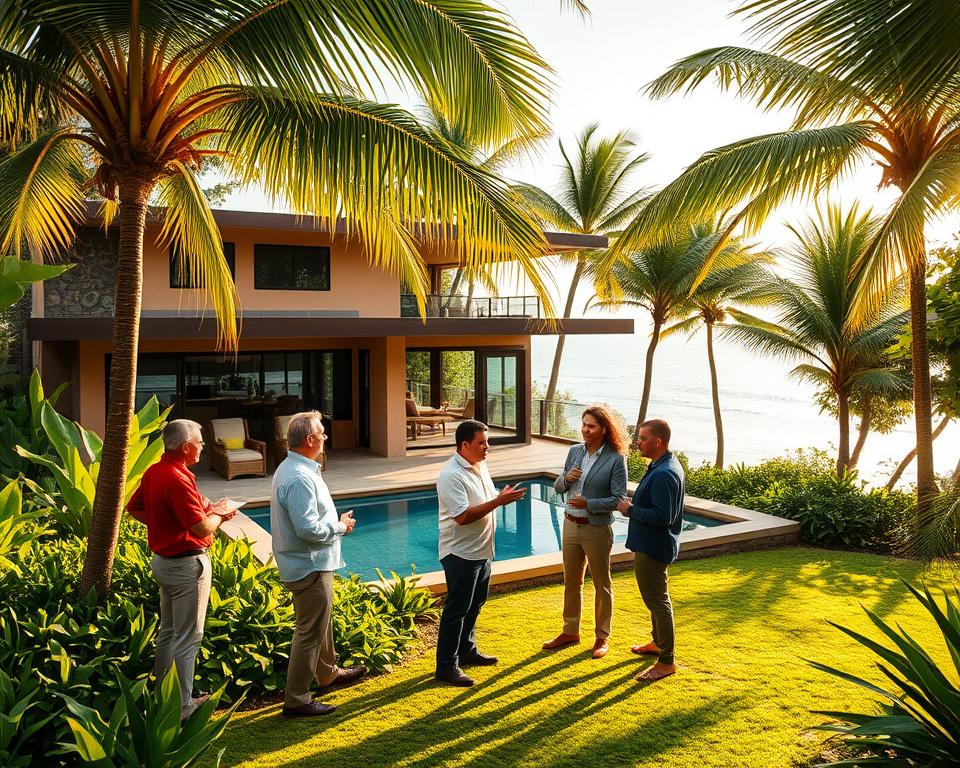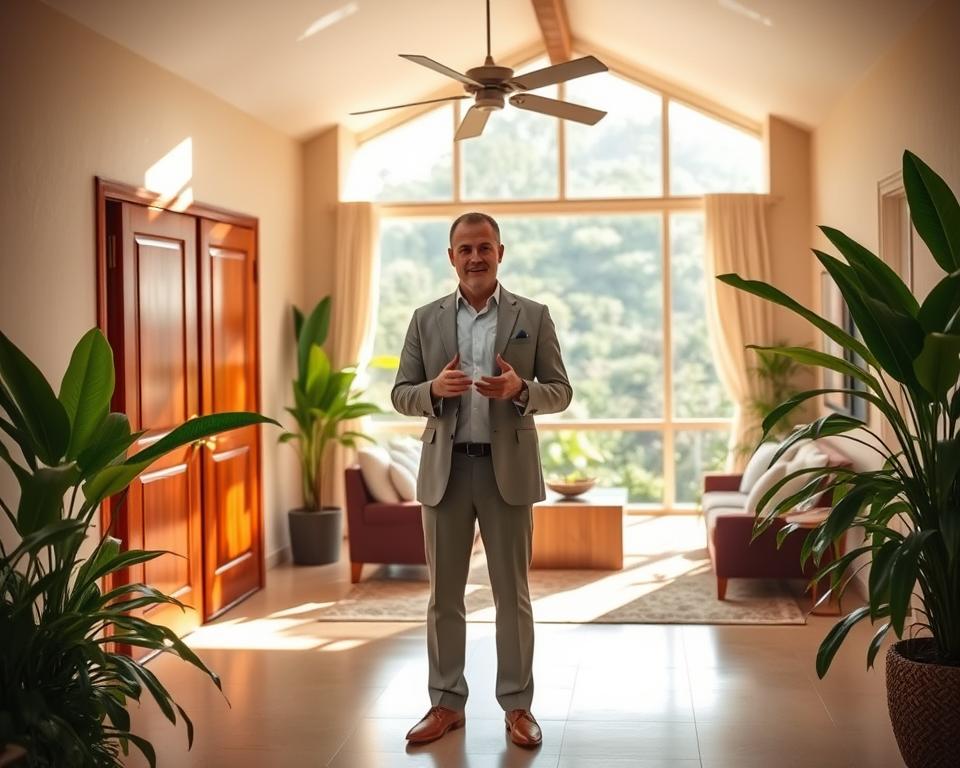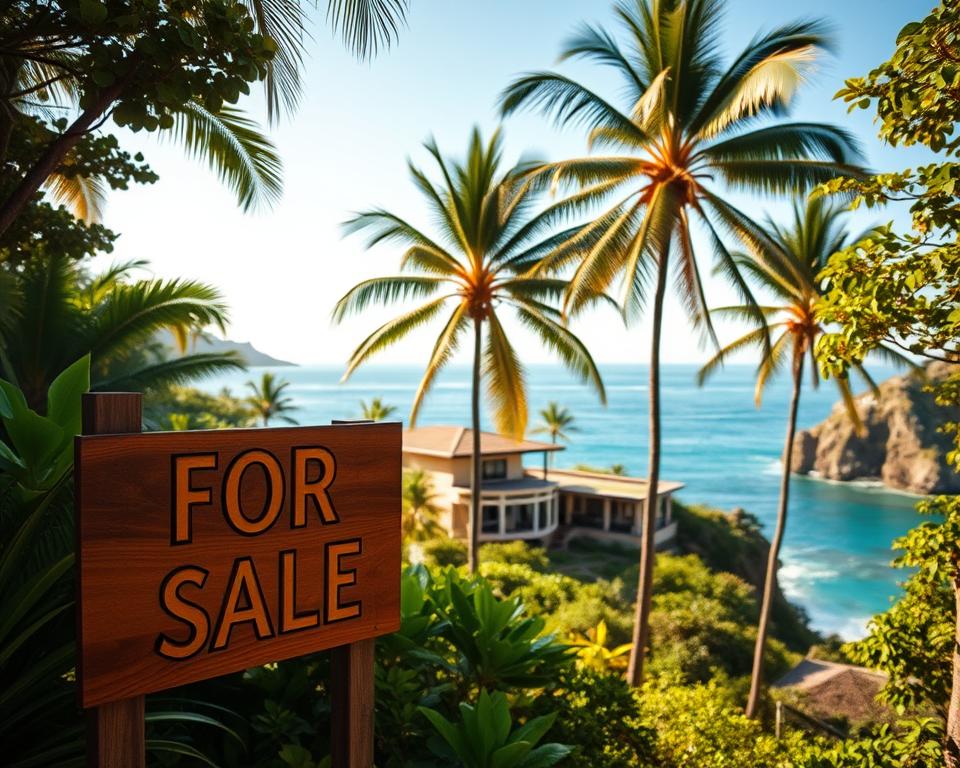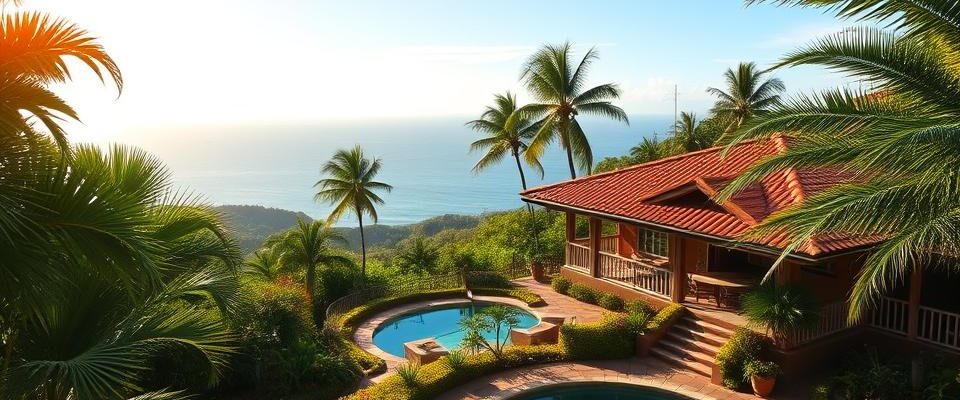Home Selling Advice in Costa Rica: Tips from Local Experts
Costa Rica’s Southern Zone has emerged as a hotspot for foreign real estate investment, according to International Living. The region’s allure lies in its proximity to the Pacific and the promise of a tranquil, nature-immersed lifestyle.
At Gap Real Estate (Grupo Gap LLC SRL), we’ve simplified the process of buying, selling, or investing in Costa Rica with over two decades of coast-to-coast experience. Our expertise guides you through seamless transactions, backed by clear communication and dedication to your goals.
Selling a property in Costa Rica comes with its unique set of challenges and opportunities, differing significantly from North American real estate markets. Understanding the local market dynamics is crucial for a successful sale.
Understanding the Costa Rican Real Estate Market
The Costa Rican real estate market presents a unique landscape for sellers, differing significantly from what is typically seen in North American markets. As we delve into the specifics of this market, it becomes clear that understanding its nuances is crucial for a successful sale.
The Costa Rican property market is influenced by various factors, including its geographical location and the local economy. We must consider these elements when analyzing the market trends and determining the value of a property.
Key Differences from North American Markets
The differences between the Costa Rican real estate market and its North American counterparts are significant. Three key distinctions are particularly noteworthy.
No Multiple Listing Service (MLS)
Costa Rica lacks a Multiple Listing Service (MLS), making it challenging to determine the accurate value of properties, comparable sales, or the duration a property has been listed. This absence means that pricing a property requires local expertise and a deep understanding of the Costa Rican real estate market trends.
No Disclosure Requirements
Sellers in Costa Rica are not legally obligated to disclose existing problems with their property. This lack of transparency can pose risks for buyers, making it essential for sellers to consider ethical disclosure practices.
Unlicensed Real Estate Agents
The real estate profession in Costa Rica is unregulated, with no licensing requirements for agents. This situation underscores the importance of working with reputable professionals who have a proven track record.
Understanding these differences is vital for setting realistic expectations and developing effective selling strategies in the Costa Rican property market.
Preparing Your Costa Rican Property for Sale

The presentation of your home is vital when selling in Costa Rica’s competitive real estate market. To attract potential buyers, your property needs to stand out, showcasing its best features and the tropical lifestyle it offers.
First Impressions Matter: Curb Appeal Tips
First impressions are crucial when selling your Costa Rican home—buyers often make decisions within moments of arriving at a property. Enhance your property’s curb appeal by maintaining lush tropical landscaping, clearing pathways, and ensuring the entrance is welcoming with native plants and flowers.
Home Staging Strategies for the Tropical Market
For Costa Rican properties, emphasize outdoor living spaces by staging patios, balconies, and pool areas to showcase the tropical lifestyle potential buyers are seeking. When staging your home for the tropical market, focus on creating bright, airy spaces that highlight natural ventilation and connections to outdoor areas.
Essential Repairs and Improvements
Essential repairs become even more important in Costa Rica’s climate—address any moisture issues, repair screens, ensure ceiling fans work properly, and fix any weather-related damage. Declutter aggressively, as spacious, minimalist interiors photograph better and allow potential buyers to envision their own belongings in the space.
Consider hiring professional cleaners who understand the unique challenges of maintaining properties in tropical environments. For vacant properties, basic staging with rented furniture can dramatically improve buyer interest and perceived value.
By focusing on curb appeal, home staging, and essential repairs, you can significantly improve your property’s appeal to potential buyers, ultimately leading to a successful sale.
Home Selling Advice in Costa Rica: Pricing Strategies
Pricing your Costa Rican property correctly is crucial for a successful sale in today’s competitive market. With a high inventory of homes in 2025, it’s essential to price your property right to attract potential buyers.
Consulting with an experienced real estate agent can provide valuable insights into the local market and help guide you in setting the right price for your property.
How to Determine Your Property’s Value Without MLS
Determining the right price for your Costa Rican property can be challenging without access to a Multiple Listing Service (MLS). However, there are alternative methods to establish your property’s value. Working with experienced real estate agents who have access to comparable sales data from their networks and transaction history can be very helpful.
Additionally, hiring a professional appraiser familiar with the local market can provide an objective assessment of your property’s worth.
- Utilize local real estate agents’ knowledge of recent sales.
- Consider hiring a professional appraiser for an objective valuation.
- Research recent sales of similar properties in your area.
Pricing Based on Location and Property Type
Pricing strategies must take into account location-specific factors. Properties located in established expat communities or popular tourist destinations typically command higher prices compared to similar homes in less developed areas.
Different types of properties also have distinct pricing considerations. For instance, beachfront properties usually command premium prices, while mountain view properties, condominiums, and rural farms each have their own value determinants.
Timing the Market: Best Seasons to Sell
Timing can significantly impact your property’s appeal. The high tourist season, from December through April, typically brings more potential buyers to Costa Rica, making it an ideal time to list your property.
Understanding the relationship between pricing and time on the market is essential. Properties priced appropriately tend to sell faster and often for a better final price than those that linger and require multiple price reductions.
Legal Requirements and Documentation
Navigating the legal landscape of property sales in Costa Rica can be complex. It involves understanding and complying with various legal requirements and documentation.
Essential Documents to Prepare
To facilitate a smooth transaction, it’s crucial to have the necessary documents in order. This includes:
Property Registration and Taxes
Ensure your property is registered with the National Registry (Registro Nacional), demonstrating clear title and ownership. Provide receipts for the past three years to show you’re up to date with property taxes.
Building Permits and Plans
Verify that your building permits and plans are accurate and on file with the local municipality. Discrepancies can complicate or even derail the sale.
Water Rights Documentation
Water rights are critical, especially if you’re selling land intended for construction. Without proper water rights, the property’s value and usability are significantly impacted.
Working with Attorneys and Escrow Companies
Engaging a qualified attorney who is not recommended by the buyer is vital for navigating Costa Rica’s legal complexities. Additionally, choosing a reputable escrow company provides security for both parties in the transaction.
Due Diligence Process: What to Expect
During the due diligence period, typically 21 days, buyers will investigate various aspects of your property. This includes verifying property line surveys, water rights, and building permits. Being prepared with all necessary documentation can expedite this process.
Marketing Your Costa Rican Property Effectively

Marketing your property effectively is key to capturing the attention of potential buyers in Costa Rica’s competitive real estate market. As most buyers begin their property search online, a robust digital marketing strategy is essential.
Professional Photography and Virtual Tours
Investing in professional photography is crucial as it captures your property’s best features, tropical setting, and lifestyle benefits, providing the first impression for most potential buyers. Virtual tours and video walkthroughs have become essential marketing tools, allowing international buyers to experience your property remotely before committing to a visit.
International Marketing Strategies
To effectively market your Costa Rican property, it’s vital to target specific buyer demographics, including retirees, investors, and lifestyle seekers. Utilizing specialized international real estate platforms and social media marketing can significantly expand your property’s exposure. Platforms like Instagram and Facebook are particularly effective for reaching potential buyers through targeted advertising.
Working with the Right Real Estate Agent
Collaborating with an experienced real estate agent who has international connections and marketing expertise can make a significant difference in selling your property. They can guide you in selecting a professional photographer, developing compelling property descriptions, and preparing marketing materials that address the concerns of international buyers, such as property management options and rental potential.
By implementing these strategies, you can effectively market your Costa Rican property to potential buyers worldwide, showcasing not just a structure but a lifestyle and experience associated with Costa Rica.
Navigating Costs, Taxes, and Closing the Sale
To ensure a successful sale, it’s essential to comprehend the various costs and taxes associated with selling a property in Costa Rica. As we delve into the specifics, you’ll gain a clearer understanding of what to expect during this process.
Understanding Commission Structures
In Costa Rica, real estate commission fees typically stand at 6%. While this rate can sometimes be negotiated, working with a highly reputable agent may limit your ability to do so. Additionally, a 13% Value Added Tax (VAT) is applied to the commission amount, further impacting your overall costs.
- Commission structures in Costa Rica are generally around 6% of the sale price.
- An additional 13% VAT is applied to the commission amount.
Capital Gains Tax Considerations
Capital gains tax in Costa Rica varies based on residency status and the date of property purchase. If the property is your primary residence for at least 183 days per year without generating rental income, you may be exempt from capital gains taxes. For non-primary residents, the tax situation differs based on whether the property was purchased before or after July 1, 2019.
- Primary residents staying 183+ days per year may be exempt from capital gains taxes.
- Non-primary residents who purchased before July 1, 2019, have two tax options: a flat 2.25% of the selling price or 15% on the gain.
Closing Costs and Final Steps
Closing costs in Costa Rica typically amount to approximately 4.4% of the sale price, encompassing transfer taxes, attorney fees, and escrow company fees. The closing process usually takes 30-45 days, although complications can extend this timeframe. Sellers should be prepared for the due diligence period and the signing of numerous documents, mostly in Spanish.

- Closing costs are around 4.4% of the sale price.
- The closing process typically takes 30-45 days.
- Sellers must be prepared for the due diligence period and signing documents in Spanish.
Conclusion
As we’ve explored throughout this article, navigating Costa Rica’s real estate market requires a deep understanding of local practices and international buyer needs. Selling a home in Costa Rica presents unique challenges, but with the right knowledge and professional support, it can be highly rewarding.
At Gap Real Estate, we simplify buying, selling, or investing in Costa Rica. With over two decades of coast-to-coast experience, we deliver seamless transactions through expert guidance and clear communication. Our deep local knowledge helps you navigate Costa Rica’s market confidently.
By working with an experienced real estate agent and understanding the legal requirements and tax implications, you can ensure a smooth transaction. For personalized home-selling advice in Costa Rica tailored to your specific property and circumstances, contact our team of local experts today.




